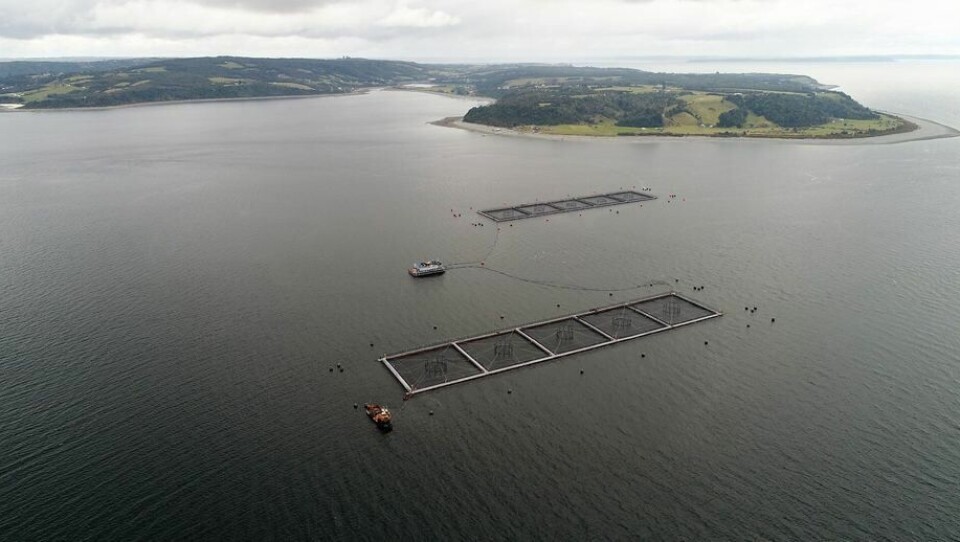
Mowi contests £5.1m fine for Chilean fish escape
Mowi has launched a legal challenge against a fine of 5.3 billion pesos (£5.1 million) imposed by regulators after a mass fish escape in Chile two years ago.
The record-high punishment was levied by the Superintendency of the Environment (SMA) in August this year following the escape of 690,000 Atlantic salmon from Mowi Chile’s Punta Redonda site during a storm in July 2018.
The SMA ruled that Mowi had not maintained appropriate safety conditions nor used equipment of optimum quality and resistance on the site. It imposed the big fine because it classed the case as very serious for causing irreparable damage to the environment.
‘Serious defects’
Mowi has filed an appeal before Chile’s Third Environmental Court calling for the SMA’s ruling to be annulled and for its offence to be reclassified as minor.
Its lawyers argue that the SMA process that led to the fine being imposed contained “serious and essential defects”.
These include the presumption that the escape had caused environmental damage because fewer than 10% of the fish were recaptured under a counting method used by state aquaculture agency Sernapesca.
No evidence of damage
Mowi disputes this figure, and also denies that environmental damage was caused.
It points out that the SMA had presented no evidence of environmental damage other than a presumption “whose antecedent was a recapture count process carried out by Sernapesca that was characterised by negligence and illegality in the assessment of the accompanying evidence”.
Mowi claims states: “There is no evidence to support the assertions that the SMA makes, in the sense that the escape would have caused a decrease in the amount of hydrobiological species from the Reloncaví Sound, impact on the aquatic ecosystem or alteration of the trophic chain.”
It argues that “the best scientific literature states that the Atlantic salmon species is a highly unskilled predator to the point that its death by starvation is one of the most widespread hypotheses about its disappearance in the free environment and there is no record of feralisation or the existence of populations in Chile, everything that defies the factual hypothesis of the SMA, which is why it is in no way possible to maintain that there is environmental damage following the escape”.






















































